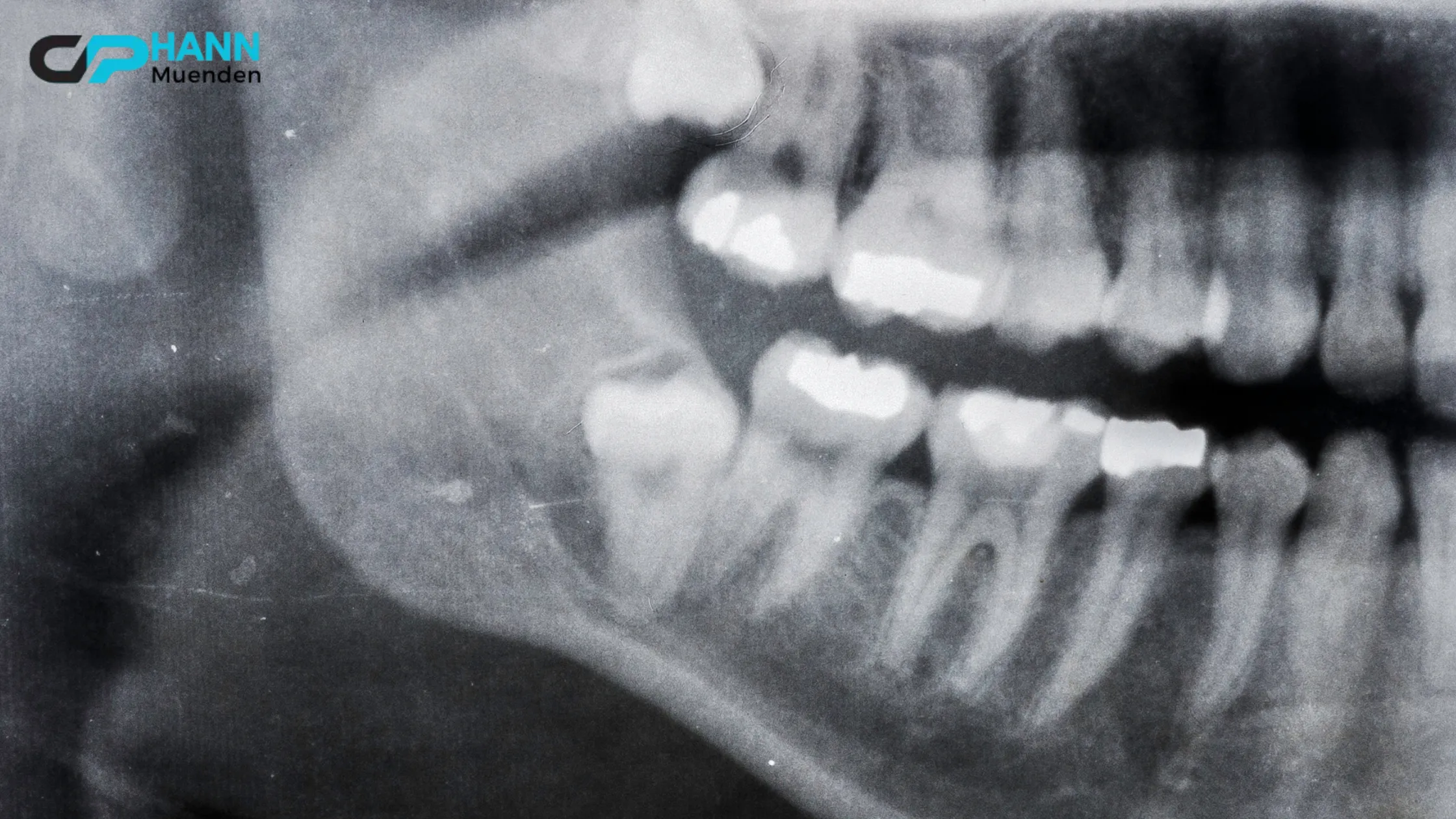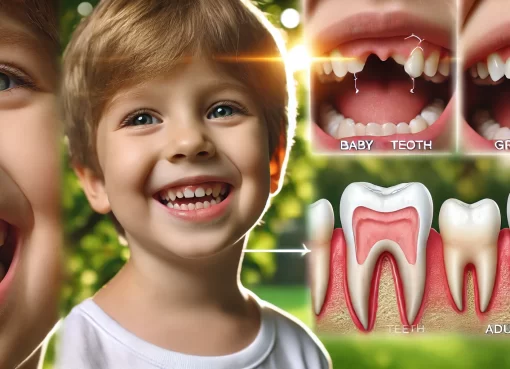Why Some People Keep Their Wisdom Teeth—Should You?

Table of Contents
When the question “Can you keep your wisdom teeth?” pops up, it’s natural to wonder if keeping them is the best option. Wisdom teeth, also known as third molar teeth, are the last set of molars that most people get in their late teens or early twenties. While many individuals opt for wisdom tooth removal, others keep their wisdom teeth. So, why do some people hold onto their wisdom teeth? In this article, we’ll dive into why some people keep these molars and whether it’s the right decision for you.
Why Do We Have Wisdom Teeth?

Wisdom teeth were once essential for our ancestors, who had a tougher diet of raw plants and meats. These extra molars helped them chew food properly. Over time, human diets have softened, and our jaws have become smaller. Today, many wisdom teeth don’t fit in our mouths, leading to the common question: can you keep your wisdom teeth, or is it better to consider wisdom tooth surgery?
Reasons Why Some People Keep Their Wisdom Teeth
No Pain or Problems
Some people keep their wisdom teeth because they experience no pain or problems. Not all wisdom teeth cause trouble. If you’re wondering, “Can you keep your wisdom teeth?” the answer might be yes if they grow in straight and don’t crowd nearby teeth. In such cases, the decision to keep your healthy wisdom teeth can feel like the natural choice, but you should always monitor for any changes in your oral health.
Wisdom Teeth Are Fully Erupted
Another factor is if the wisdom teeth are fully erupted. This means they have completely grown through the gums, making them easier to clean and maintain. Dentists often advise keeping these full-sized wisdom teeth if they pose no health risks and are easy to care for. Remember, proper teeth management is essential for maintaining good oral health.
Avoiding Unnecessary Surgery
Only some people feel comfortable undergoing dental surgery. For some, wisdom tooth removal is too invasive, especially if no current problems exist. If your wisdom teeth aren’t causing pain or shifting your other teeth, you might avoid removing wisdom teeth.
Also Read: Taylor Swift Coloring Pages: Awaken Your Imagination with Joy!
Potential Risks of Keeping Wisdom Teeth

While keeping your wisdom teeth may seem like a good idea, it’s essential to understand the potential risks. If you’re asking, can you keep your wisdom teeth? Consider the following:
Crowding of Other Teeth
Even if your wisdom teeth aren’t causing problems now, they could start pushing your other teeth over time. Crowding may affect your bite and the alignment of your smile, leading to tooth decay or even tooth loss. Regular dental visits are crucial to monitor these changes and ensure enough tooth structure is present.
Increased Risk of Infection
Wisdom teeth can be harder to clean due to their location at the back of the mouth. Poor cleaning may lead to trapped food and bacteria, which can cause infections in gum tissues. Even if your wisdom teeth are fully erupted, it’s important to maintain excellent oral hygiene. This includes keeping your gums healthy and ensuring no food particles get stuck.
Future Dental Problems
Though wisdom teeth might not cause immediate issues, they can lead to cavities, gum disease, or even cysts if left unchecked. Many dentists recommend regular checkups to avoid complications like these. Keeping wisdom teeth means staying diligent with dental services to prevent future problems.
Also Read: How Much Does Medicaid Pay for Non-Emergency Transport? Shocking Facts!
Opt for Wisdom Teeth Extraction If
Signs It’s Time for Removal
While you may wonder, “Can you keep your wisdom teeth?” sometimes extraction is the safer choice. You should opt for removal if your wisdom teeth are causing pain, crowding other teeth, or showing signs of infection. Additionally, extraction can prevent complications like cysts or tooth decay if they’re growing at an angle or remain partially impacted under the gums. Consulting your oral surgeon for an X-ray can help confirm whether tooth removal is necessary to maintain oral health.
Should You Keep Your Wisdom Teeth?
Now, the big question: can you keep your wisdom teeth? The answer depends on your situation. If your wisdom teeth are growing in without causing pain or other dental issues, and you can easily clean them, it might be okay to keep them. However, if there’s a risk of crowding or infection, your dentist may recommend wisdom tooth removal.
Ultimately, it’s a decision best made in consultation with your oral surgeon or dentist, who can assess your oral health condition and provide the best advice. Regular monitoring and X-rays will help ensure you make the right choice for your dental health.
Also Read: Why Some People Keep Their Wisdom Teeth—Should You?
FAQ Section
Can you keep your wisdom teeth without problems?
Yes, if your wisdom teeth grow straight and cause no pain, you can keep them. Consult your dentist regularly to ensure they don’t cause issues later.
What happens if wisdom teeth crowd other teeth?
Wisdom teeth can push against nearby teeth, leading to crowding and alignment issues. In such cases, wisdom tooth removal is often recommended.
Are fully erupted wisdom teeth easier to maintain?
Yes, fully erupted wisdom teeth can be easier to clean and maintain than partially erupted teeth, making them less likely to cause problems.
Is it better to remove wisdom teeth before they cause trouble?
Many dentists recommend removing wisdom teeth before they cause issues like infections or crowding, but every case is different.
Can wisdom teeth lead to infections if left in?
Yes, wisdom teeth can be harder to clean, and trapped food or bacteria can cause infections in the gum tissues. Regular dental checkups are important to avoid such risks.
How can I manage my oral health with wisdom teeth?
Maintaining excellent oral hygiene, including regular teeth cleanings and monitoring changes with your dentist, is crucial for managing your oral health when keeping wisdom teeth.



